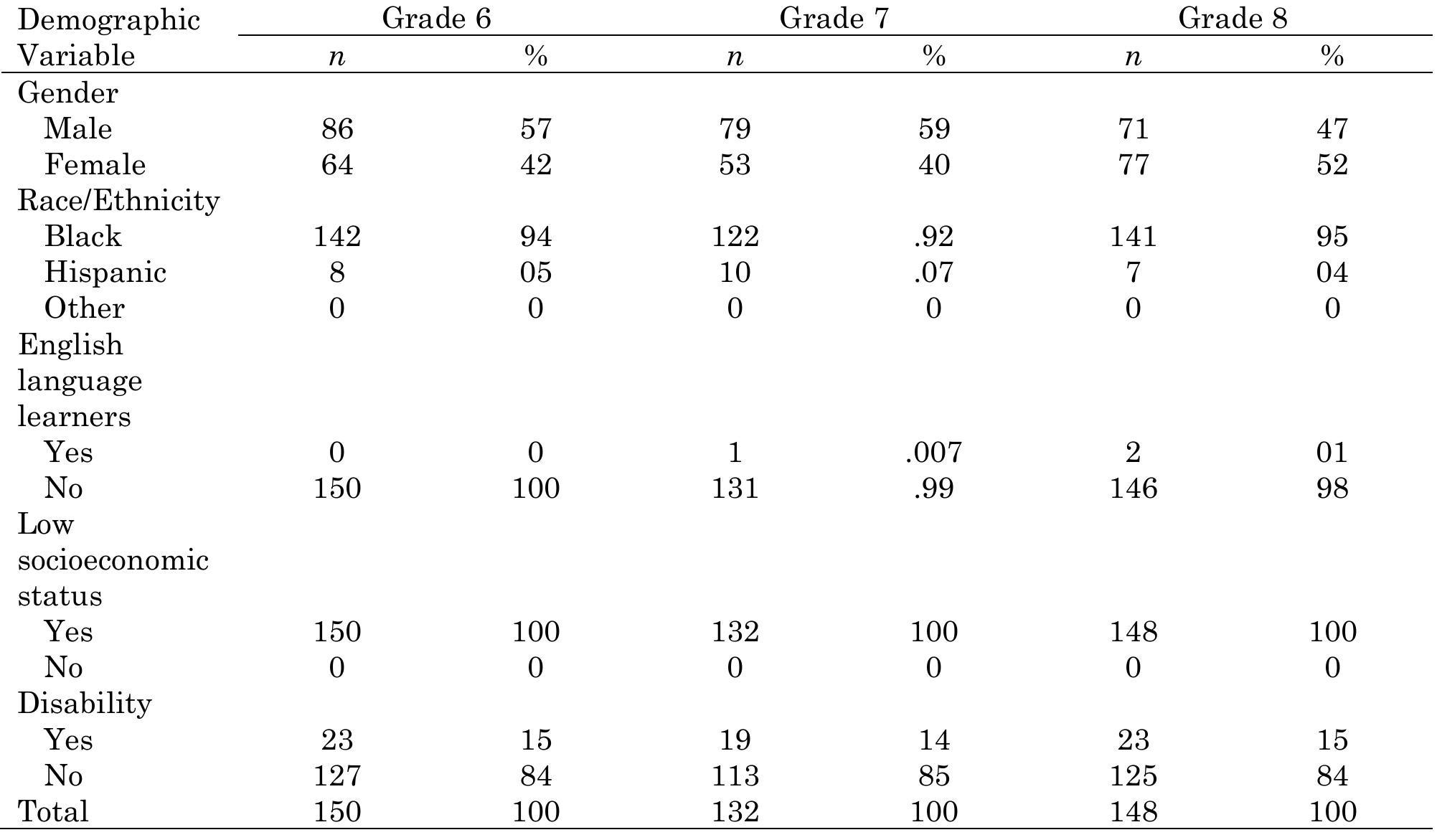Key research themes
1. How does test-wiseness influence test-taking performance and can it be effectively enhanced through training?
This area investigates test-wiseness as a cognitive ability and a strategic skillset that individuals use to navigate test formats, differentiate correct answers, and optimize their test results beyond raw content knowledge. Understanding the nature of test-wiseness and its teachability is crucial as it impacts test validity and fairness by possibly inflating or deflating scores based on strategic test behavior rather than actual subject mastery.
2. How can psychometric and cognitive models capture and explain test-wiseness effects in multiple-choice and adaptive testing contexts?
This theme explores formal models and empirical methods to disentangle actual ability from test-taking strategies (test-wiseness), especially in computer adaptive testing (CAT) and multiple-choice exams. Developing models that quantify guessing, aberrant responses, and strategic elimination can improve the accuracy of ability estimation and test fairness.
3. What approaches can improve the prediction, measurement, and evaluation of test-related behaviors like test-wiseness and their impact on testing outcomes?
This research cluster focuses on operationalizing, predicting, and evaluating test-wiseness and related constructs such as testedness and flakiness through empirical metrics, machine learning, and large-scale empirical studies. It addresses the challenge of measuring test-taking constructs that influence testing outcomes, aiming to enhance test quality, security, and interpretability.

























